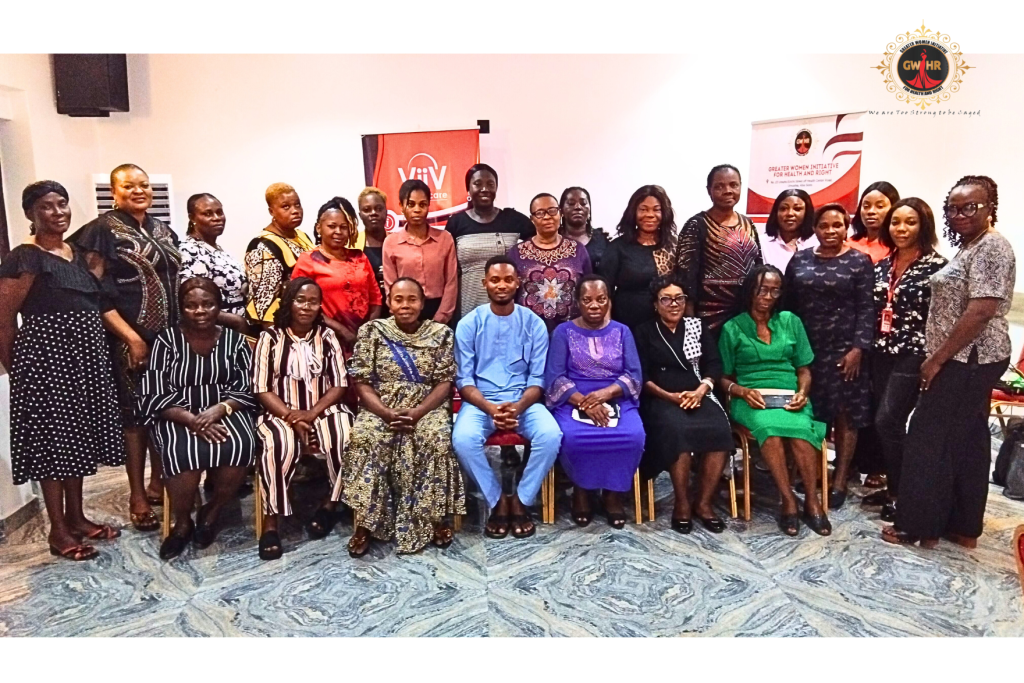
Hey there, readers! GWIHR had the privilege of leading an incredible two-day training in Abia State, Nigeria, and we are thrilled to share the impact it’s making. We brought together 25 healthcare providers nurses, doctors, and counselors to learn how to deliver care that’s compassionate, fair, and free from judgment for women who use and inject drugs. Here’s the scoop on how this training is changing lives and breaking down stigma.
Why This Matters
What We Did?
Held on August 20-21, 2025, with the Abia State Primary Healthcare Development Agency, the training was a mix of engaging activities:
- Eye-Opening Talks: We explored barriers like stigma and violence, using real (anonymized) stories to spark empathy. One provider said, “These stories made me see patients as people, not problems.”
- Role-Plays: Participants practiced empathetic communication, like responding to a woman seeking help after violence. It was hands-on and powerful!
- Group Brainstorming: We tackled how to stop discriminatory practices, like judgmental language or denying services, and brainstormed solutions like better confidentiality protocols.
- Action Plans: Each provider committed to changes, like using kinder words or advocating for fair policies.
The Impact
The results? Wow! Participants gave the training a 92% “excellent” or “very good” rating. Pre- and post-training quizzes showed a 35% jump in knowledge about human rights-based care. Here’s what we achieved:
- Skill Boost: Providers nailed trauma-informed techniques, setting the stage for better patient experiences (think 30% more positive feedback soon!).
- Safer Spaces: Plans for flexible scheduling and private consultations will likely boost clinic visits by 20%.
- Less Bias: An impressive 88% reported reduced biases, smashing our 40% goal. One nurse shared, “I’ll stop using ‘addict’ and start seeing the person.”
- New Policies: Groups proposed two new guidelines to ensure fair, stigma-free care.



